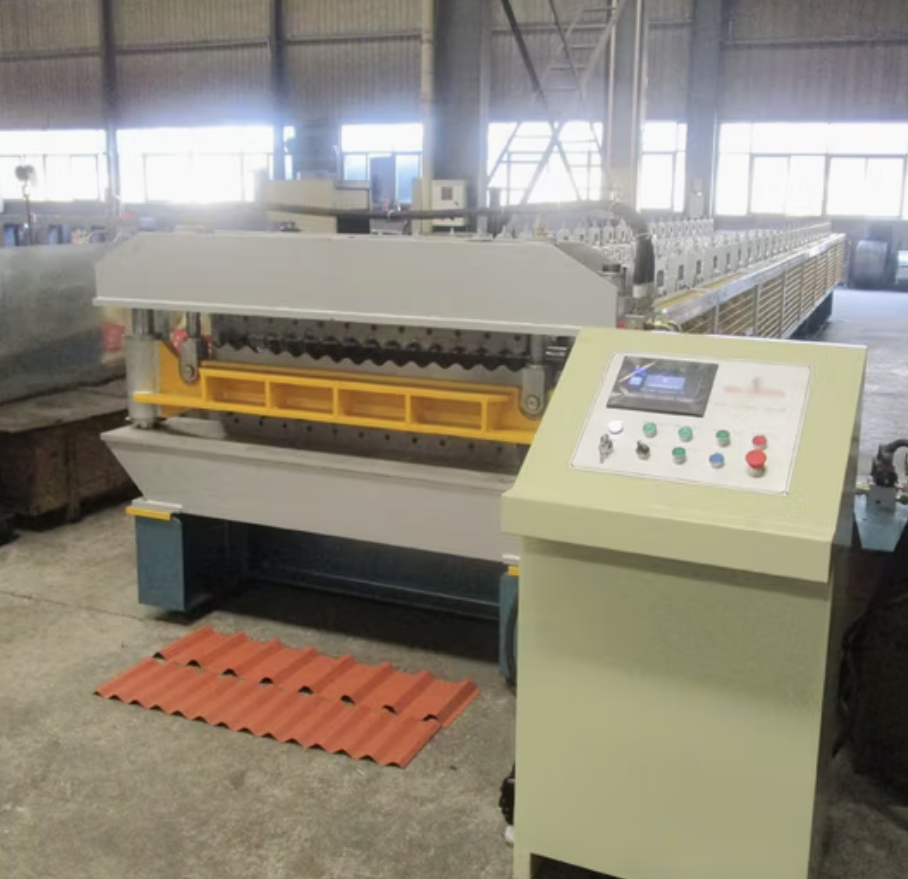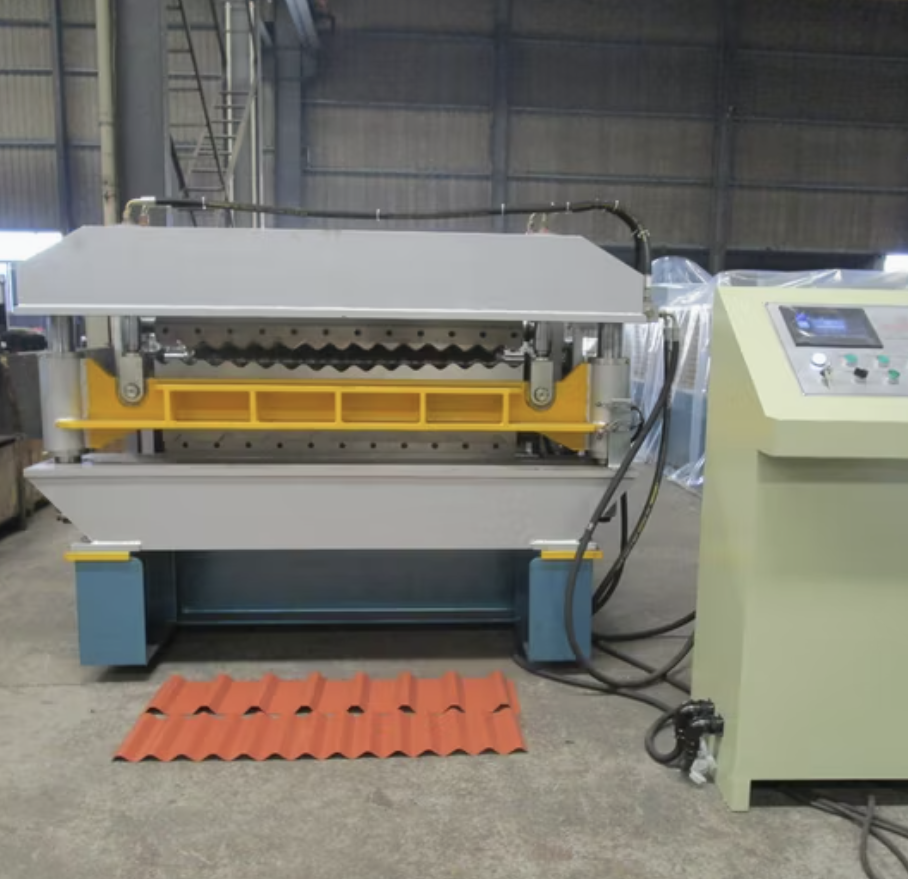To express an interest in this machine please submit the form below.

Not Sure What Machine You Need?
Select Your Profile, We'll Match It
Choose your desired profile drawing, and let Machine Matcher connect you with the best roll forming machine tailored to your needs.
Browse Profiles


A Panel Roll Forming Machine is a highly specialized industrial machine used to manufacture continuous metal panels for a wide range of applications, particularly in construction, roofing, and cladding. These panels are crucial for building structures, offering durability, insulation, and protection from the elements. The machine shapes flat metal sheets into specific panel profiles by passing them through a series of rollers.
Panel roll forming machines are designed for efficiency, speed, and precision in creating metal panel profiles. Typically, these machines work with steel, aluminum, or other durable metals to produce panels for structural and aesthetic purposes. The panels created are commonly used in roofing, walls, and building exteriors. Panel roll forming machines are customized to create specific panel types such as standing seam, ribbed, and corrugated panels.
Q1: What industries benefit most from panel roll forming machines?
A1: Panel roll forming machines are essential in construction, roofing, and cladding industries. They are used for making panels for commercial and residential buildings, storage facilities, agricultural buildings, and even warehouses.
Q2: What factors should I consider when purchasing a panel roll forming machine?
A2: Important factors include:
Q3: How is a panel roll forming machine maintained?
A3: Regular maintenance includes:
Q4: Can I produce different panel profiles with a single machine?
A4: Some panel roll forming machines are designed for a single profile, while others are multi-profile machines. Multi-profile machines allow for quick changeovers to produce various panel types, though they may be more expensive. Always verify this capability with the manufacturer if you need multiple profiles.
Q5: What is the role of the PLC system in a panel roll forming machine?
A5: The PLC (Programmable Logic Controller) manages and automates the machine’s functions, allowing you to set parameters for speed, length, and production count. This enhances precision, consistency, and productivity, reducing human error and material waste.
Q6: Is training required to operate a panel roll forming machine?
A6: Yes, some training is recommended to understand machine operation, settings, and maintenance requirements. Many manufacturers offer training as part of the installation package, ensuring operators can safely and efficiently use the machine.
Q7: How much power does a panel roll forming machine typically consume?
A7: Power consumption varies by machine size and capacity but generally ranges from 7.5 kW to 15 kW. Machines with advanced automation or higher production speeds may require more power.
Q8: What types of metal can be used in a panel roll forming machine?
A8: Most panel roll forming machines are compatible with steel, galvanized steel, aluminum, and other metals within the machine’s thickness capacity (usually 0.3 to 1.2 mm).
Copyright 2026 © Machine Matcher.